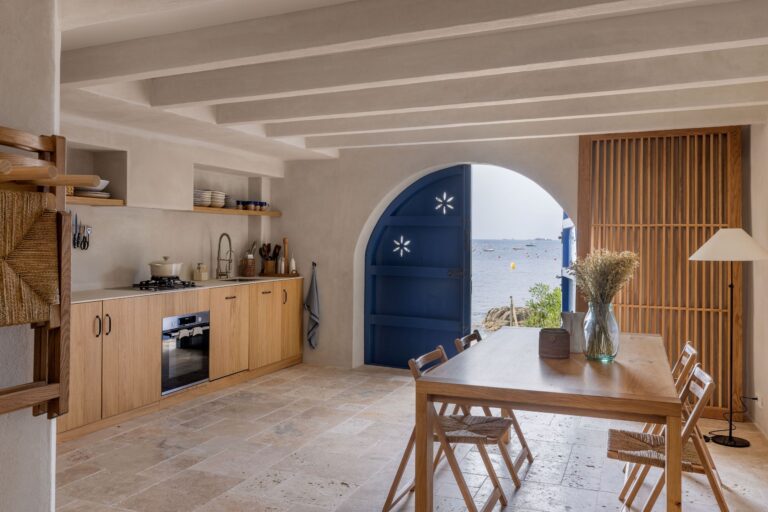- Collaborative law and divorce mediation are two of the five divorce options available to couples.
- There are several distinctions between these two kinds of divorce, including expense, duration, and strategy.
- This article compares Collaborative Law to Divorce Mediation and explains how to choose which is best for your scenario.
If you’ve recently decided to terminate your marriage, there’s no question that it was one of the most important and challenging choices you’ve ever made. Family mediation can help specific issues – read on.
However, you must now make another significant choice.
How to legally get a divorce.
You may have heard that mediation is calmer and more economical. However, you are also interested in learning more about the collaborative divorce process and how it compares to litigationlitigation.
In this article, we’ll compare collaborative legal and mediation so you can determine which is best for you.
Collaboration vs Mediation for Divorce? You Decide.
There is a great deal more to these divorce alternatives and how they operate, but here is a brief summary of each.
Mediation in Divorce: An Overview
Divorce mediation is a cooperative divorce technique (alternative conflict resolution procedure) in which a neutral third party (the Mediator) assists and guides a couple in settling the divorce’s difficulties and financial concerns.
There is no necessity that mediators be attorneys, and some of the most skilled mediators are not even attorneys.
When a couple selects mediation, attorneys are not necessary at any stage of the divorce unless one or both parties opt to engage them. Consequently, mediation is a viable choice for people who desire to divorce without lawyers.
The marriage counsellor will:
- Assist you and your spouse (the parties) in identifying and comprehending the pertinent issues that must be addressed in your divorce so that each of you may make educated choices;
- Serve as a mediator while facilitating conversations between you and your spouse or wife over any points of contention.
- Bring options to the table and assist you in creating a divorce agreement that is mutually acceptable and tailored to your unique situation and the unique needs of your children with regard to your parenting plan and time sharing, support payments, child support payments (spousal assistance maintenance), division of marital assets and debt payments, as well as other key matters;
https://sebastianchurch.co.uk/what-is-a-miams/
- Draft the majority of the necessary documentation, including a Memorandum of Understanding outlining the terms of your agreement.
What is a Collaborative divorce?
Collaborative divorce (also known as collaborative legal process) is a mix between a typical divorce in which lawyers are involved and divorce mediation.
Each party would retain their own collaborative divorce counsel (an attorney skilled in the collaborative practise) to represent them in the divorce proceedings. Similarly, to a typical divorce, the objective of a collaborative divorce attorney is to achieve the best possible conclusion for their client; a divorce attorney can only represent one party.
Both parties and their separate collaborative family law attorneys sign a contract stating their commitment to employ cooperative conflict resolution strategies rather than adversarial tactics to settle the divorce problems. The agreement is known as a “participation agreement”
In collaborative divorce, both spouses and their respective collaborative attorneys, along with other outside professionals (such as finance experts, child experts, mental health workers, and an intermediary) encounter inside a law office for a series of discussions to negotiate and attempt to reach an agreement on the issues.
If an agreement cannot be reached through collaborative divorce just on applicable divorce issues, each divorce attorneys would be banned form represent their separate client.
The couple (parties) will then resume family law court procedures, but with new/different counsel.
Conflictual Divorce
Each “new” attorney will collaborate with the spouse who hired them to prepare their case in advance of a court date.
Throughout the trial, the family law court will be provided with evidence and the lawyers will defend their clients’ positions.
And outside experts and/or witnesses will be invited to testify in front of a family law court who will provide a decision regarding child custody, parenting time, child support, division of marital property and debts, and alimony.
Additional Distinctions Between Mediation and Collaborative Law:
Number of Professionals Participating:
- In divorce mediation, the parties collaborate with one mediator.
- In collaborative divorce, there are two attorneys and other professionals, such as one or more financial experts, custody experts, therapists or a divorce coach, and a mediator.
Neutrality:
- Mediators are impartial third parties who take no side. In the process of divorce mediation, they collaborate with a divorcing spouse to assist them establish solutions that are fair to both parties and in the best interest of the children.
- A collaborative attorney (or any sort of attorney) may only represent one spouse, and it is their responsibility to argue for that client. Therefore, each couple would have their own attorney in the collaborative procedure.
Contrary to information:
- Mediators provide decision-making autonomy to their clients.
- Lawyers provide counsel and direction to parties.
Duration to Complete:
- A mediated divorce may be finalised in as little as one mediation session or as many as four mediation sessions (two to three months), depending on the speed and tempo set by the parties.
Once the concerns have been settled, the pace of an uncontested divorce depends on how long it takes to file for divorce and get a court date to conclude the process.
- Completing collaborative may take between 8 to 14 months.
Typically, the concerns may be handled in four to six group sessions of varying length.
The pace of the process is not only influenced by how soon all concerns can be handled, but also by the capacity to coordinate the calendars of each party and their collaborative law attorney, the financial professional(s), the child specialist(s), the therapist(s), the conflict coach, etc.
Other aspects include judicial procedures such as filing, securing a court date, etc.
Assurance of Outcomes:
- Since all parties have full involvement into determining the parameters of their settlement agreement in a private mediation, the results are definite and guaranteed.
- If an agreement cannot be reached on all essential matters, the attorneys representing the parties will be excluded from the collaborative divorce process.
In order to advance with the litigation procedure, each spouse would need to engage a new divorce attorney and begin the process from scratch.
Additionally, divorce litigation is hazardous since there are no certainties about the judge’s judgement on the problems.
Peaceful:
- Divorce Mediation is non-confrontational and cooperative. In direct negotiation, there are three participants: the mediator and the divorcing couples.
- Despite the presence of four or more parties in the same room, the collaborative divorce process remains contentious. The mere nature being represented by counsel develops an attitude of “us versus them.”



